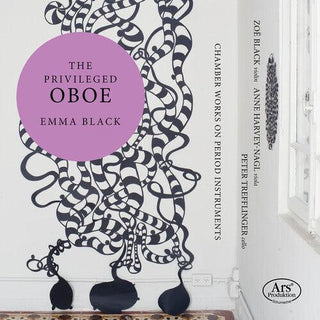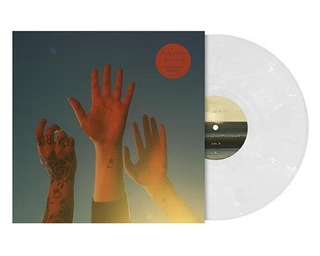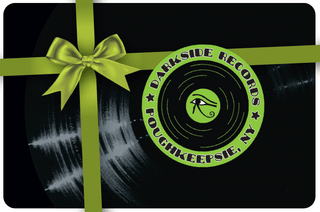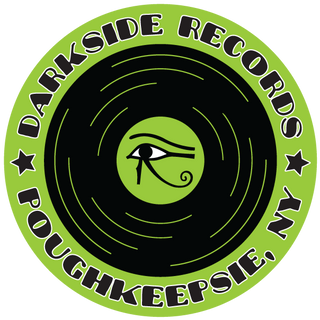Emma Black- Privileged Oboe - Oboenquartette

The oboe quartet W.B. 60 No.1 by Bach's youngest son, Johann Christian Bach (1735-1782), is no longer baroque at all, despite the musical education he received from his father and older brother Wilhelm Friedemann. His music thrives on sparkling melodies and an accompaniment bursting with ideas, which gives each instrument in his quartet compositions a high degree of independence and charming solos. Mozart's oboe quartet also reflects the new, virtuoso possibilities of the elegant and sensitive classical oboe and combines them with the lyrical sound of the strings. The fact that we know little music by Johann Baptist Wanhal (1739-1813) today does not do justice to the extensive oeuvre of this composer, who was successful during his lifetime. Born in Bohemia and died in Vienna, Wanhal was one of the most progressive musical personalities of his time. The last piece on this recording, Mozart's Adagio K. 580a in a version for cor anglais and strings, exists only as a fragment and shares thematic material with K. 618, Ave Verum Corpus, which was written in 1791, six months before Mozart's death, and which is thought to anticipate elements of the Requiem.
The oboe quartet W.B. 60 No.1 by Bach's youngest son, Johann Christian Bach (1735-1782), is no longer baroque at all, despite the musical education he received from his father and older brother Wilhelm Friedemann. His music thrives on sparkling melodies and an accompaniment bursting with ideas, which gives each instrument in his quartet compositions a high degree of independence and charming solos. Mozart's oboe quartet also reflects the new, virtuoso possibilities of the elegant and sensitive classical oboe and combines them with the lyrical sound of the strings. The fact that we know little music by Johann Baptist Wanhal (1739-1813) today does not do justice to the extensive oeuvre of this composer, who was successful during his lifetime. Born in Bohemia and died in Vienna, Wanhal was one of the most progressive musical personalities of his time. The last piece on this recording, Mozart's Adagio K. 580a in a version for cor anglais and strings, exists only as a fragment and shares thematic material with K. 618, Ave Verum Corpus, which was written in 1791, six months before Mozart's death, and which is thought to anticipate elements of the Requiem.





